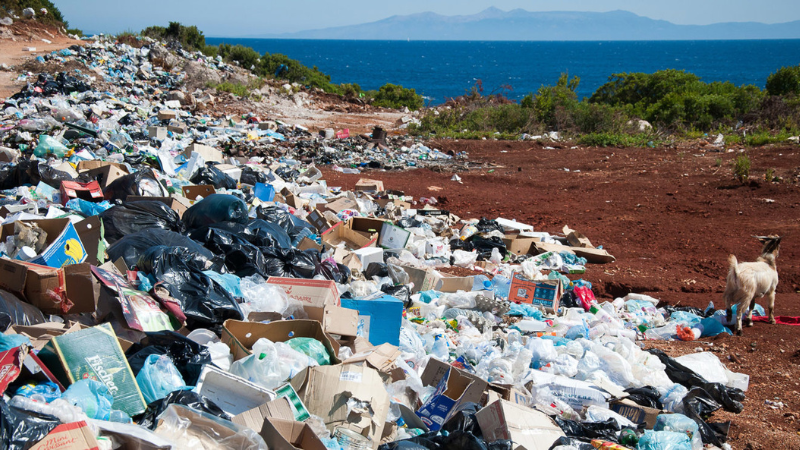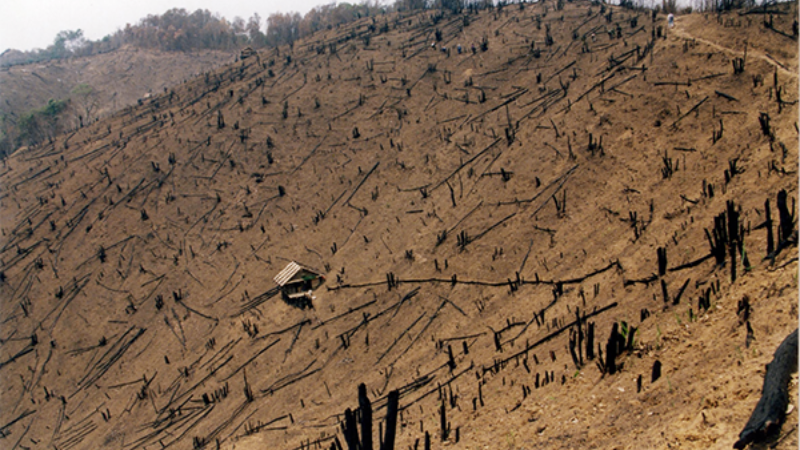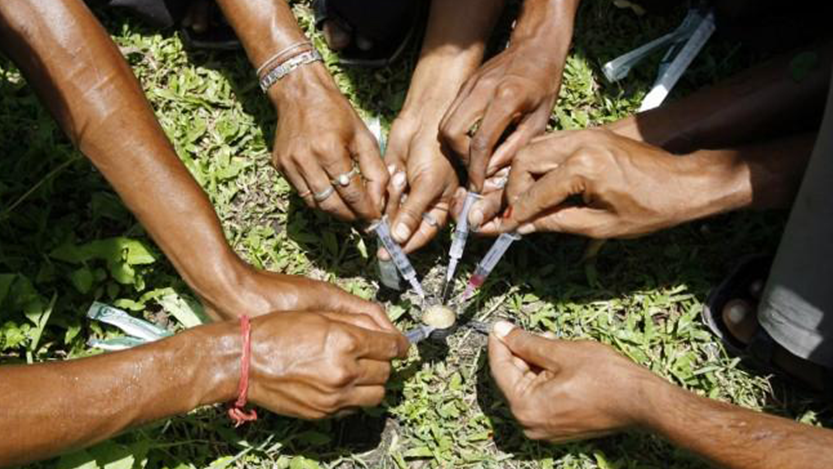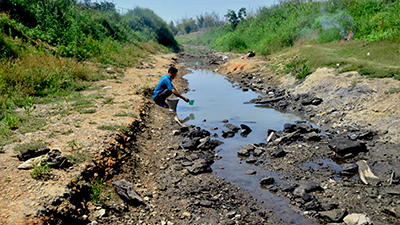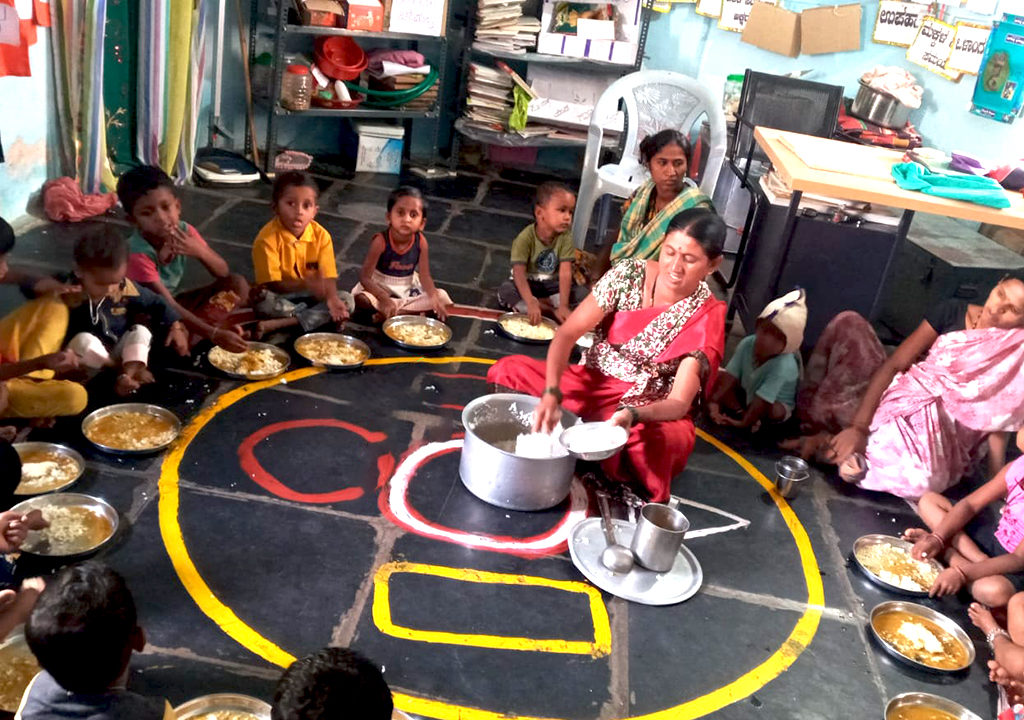Water as an essential need must start to gather policy focus with convergence on addressing public health issues. Over the years, there is a global water crisis brewing wherein between 2 to 3 billion people worldwide are currently facing water scarcity.
In Nagaland, the concern of water scarcity has become a severe crisis. Almost all hilly regions of Nagaland suffer from water scarcity, especially during the dry season.
With a population of 1.9 million (2011 census), the growing demands for water, coupled with poor water management, have increased water stress in Nagaland. Deforestation is also one of the major factors contributing to water scarcity.
The major factors leading to climate change are generating power, manufacturing goods, cutting down forests, using transportation, producing food, powering buildings and overconsumption of products. The manufacturing industry is one of the largest contributors to greenhouse gas emissions worldwide. Globally, residential and commercial buildings consume over half of all electricity.
According to the UNICEF-WHO-The World Bank: Joint child malnutrition estimates – level and trends, 2023, suggests that in 2022, 45 million children under 5 years of age are wasted, among which, 13.6 million are severely wasted, and 148 million are stunted, while 37 million are overweight or obese in the world.






